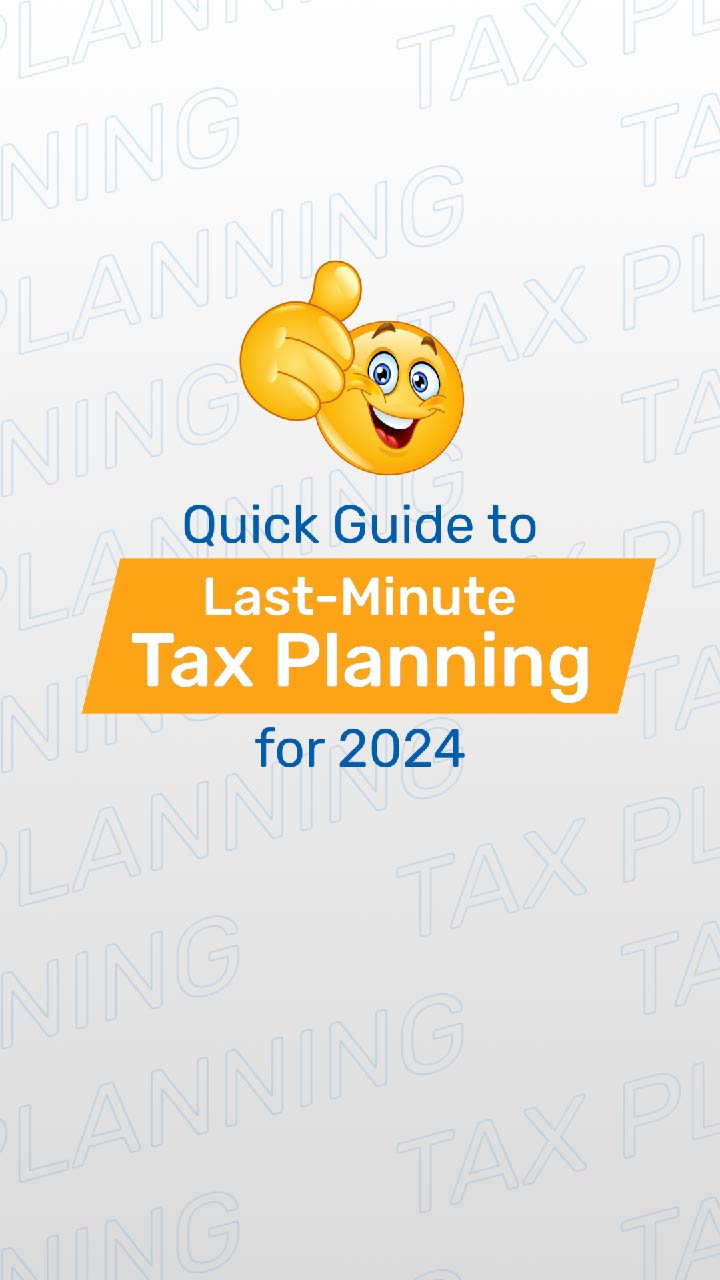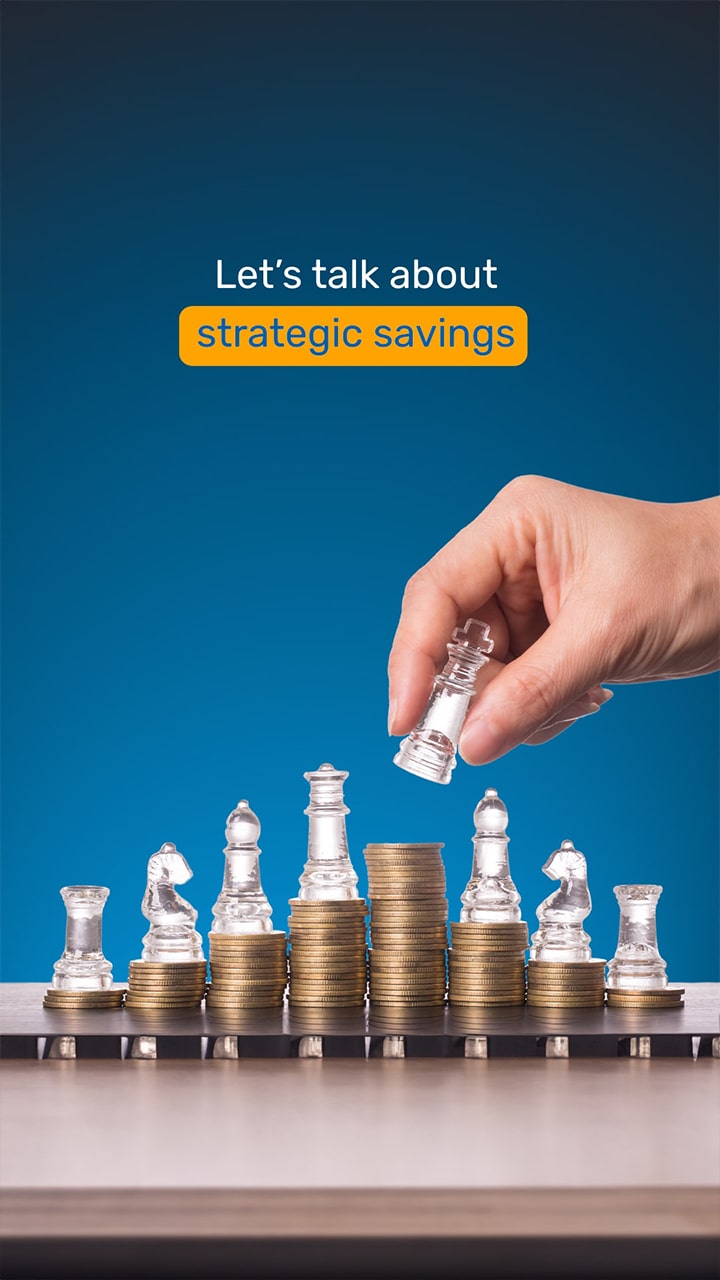Last-Minute Charitable Contributions: Give Back and Save on Taxes
Want to explore last-minute charitable contributions for both altruism and tax benefits? In this video, we're diving into how to explore these contributions as the financial year-end approaches.
We’ll look at how charitable donations could be a strategic way to save on taxes. Here, you’ll learn about eligible contributions that qualify for deductions under Section 80G of the Income Tax Act in India. These include donations to impactful organisations like CRY. It supports underprivileged children's rights and offers a 50% tax exemption on donations. Another option is the Akshaya Patra Foundation. It is dedicated to fighting hunger and promoting education through mid-day meals. Here also, your donations are eligible for a 50% tax deduction. You’ll also find out about the Prime Minister's National Relief Fund (PMNRF). This aids families affected by natural disasters and qualifies for tax benefits.
The video will also walk you through key tips and suggestions you need to keep in mind when claiming these benefits. For example, it’s essential to secure receipts and certificates for your donations.
Depending on the organisation, tax deductions can reach 50% or even 100% of the donation amount. So, make the most of this financial year-end— keep supporting worthy causes and be financially smart with your taxes.

Key Takeaways
Last-minute charitable contributions can be a win-win, helping those in need while reducing your tax liabilities
Charitable donations in India, under Section 80G, provide tax benefits for contributions to registered NGOs, relief funds, and charitable institutions
Consider supporting CRY for underprivileged children - donations are eligible for a 50% tax exemption
You can contribute to the Akshaya Patra Foundation to fight hunger and promote education, enjoying a 50% tax deduction
Explore contributions to the Prime Minister's National Relief Fund (PMNRF) for natural disaster assistance, with tax benefits available
Maximise tax benefits by collecting receipts for all charitable contributions; deductions can range from 50% to 100% depending on the organisation
What to Watch Next
Bites































